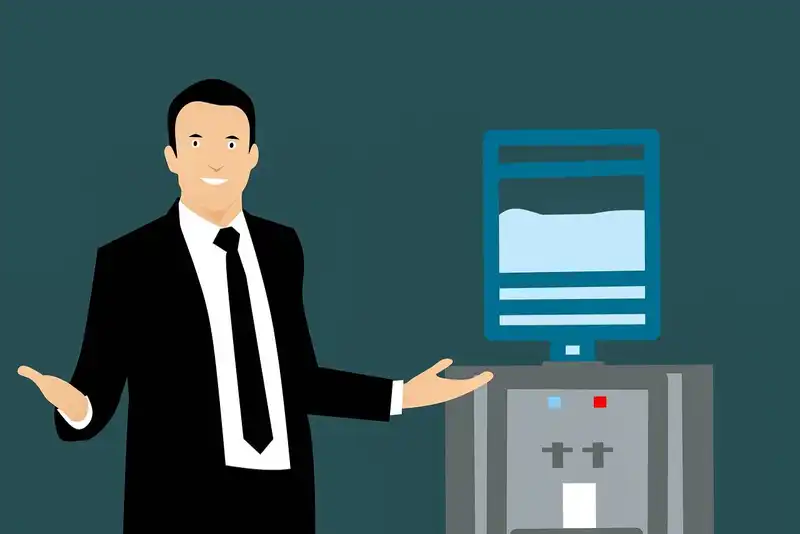Best Practices for Improving Employee Efficiency
The Best Ways to Improve Employee Efficiency
In the business setting, the terms employee effectiveness and employee efficiency are oftentimes used interchangeably. However, there are important differentiations that must be made between the two concepts.
Effectiveness is generally used to measure employee performance and the ability to accomplish as well as set clear goals. An effective employee is one with a high productivity work ethic that oftentimes offers innovative solutions.
Effective employees also are consistently seeking ways to improve productivity and may be more willing to work harder towards set clear goals than other team members. There is a clear distinction between how effective employees and how ineffective employees work as well as in regards to the results of their time spent on the clock.
Efficiency is generally used to measure employee productivity and resource utilization. An efficient employee is one that completes productive work with an appropriate amount of time spent.
Efficient employees commonly have high employee engagement levels and are often motivated to volunteer for additional work. Like effective employees, efficient team members always make sure to look for ways to work harder and improve productivity in addition to overall bottom line profitability.
Notable ways to improve employee efficiency include-
1. Communication

Communication is absolutely essential to address whenever a business wants to improve employee efficiency. Employees work best within a work environment and company culture that values open and transparent communication.
With the ever increasing technological advancements available in the business world, social media and email are often utilized as primary communication channels. However, studies show that team members may use time communicating inefficiently, with up to 28% of total time spent at work on emails.
Social media tools are more and more frequently adopted as highly effective forms of communication in the workplace, due to their real time speed and easy accessibility. In fact, there are many different social media workplace tools available that are specifically built for team members that need to communicate and collaborate.
Interestingly enough, sometimes neither social media nor email is as efficient as a face to face or voice conversation. There are various scientific reasons that attempt to explain this phenomenon, from a lack of connection to an absence of body language cues.
While face to face conversations may be easier to have in a small business setting where all team members work closely together, it can be more challenging for business owners of large corporations or multiple storefronts to coordinate. As such, business owners should spend time with not only their human resources department but also team members to discuss ways to increase productivity surrounding communications.
2. Incentives
Proper incentivization can majorly improve employee efficiency levels. Not only do efficient employees need a highly competitive salary but they should also be rewarded financially when they work harder and accomplish objectives.
For both a small business and large corporation, human resources and business owners should work together to find ways to make sure employees feel valued and incentivized. Not only does incentivization help improve efficiency levels but it also increases-
- Overall work environment and company culture
- Customer service and project management capabilities
- Employee productivity and employee performance
- The accomplishment of set clear goals
3. Workplace

Of course, the work environment and company culture should be considered whenever a business is looking to improve employee efficiency. Interestingly, research consistently shows that remote workers are more efficient than their in office counterparts.
In fact, when employees work from home they are 13% more productive. While some researchers contribute this partially to the massive amounts of time saved on commuting, getting ready, and other work related time drains, it is no surprise that employees work best when they are able to choose their work environment.
Employees work best when they can work harder towards their own set clear goals in a work environment that is comfortable and engaging. Business owners of both small businesses and larger corporations are discovering that remote work situations are highly beneficial to their overall bottom line and an easy way to improve efficiency and improve productivity long term.
Instead of having to pay for costly office real estate, utilities, and other office expenses, remote employees work from their own homes or wherever employees feel most productive. When employees feel that their business owners and human resources departments trust them to get their work done and use time efficiently, everything from a business's company culture to bottom line profits is positively impacted.
Additionally, business owners and human resources departments that let their employees work from home will likely spend much less time on inefficient management tactics such as micromanaging. Instead, they can redirect that time spent to give employees better advice, guidance, and direction.
Key Takeaways

- To increase employee efficiency business owners and human resources employees must clearly understand the difference between efficiency and effectiveness.
- Tips to help employees increase efficiency levels and keep employees productive range from increasing incentivization to improving workplace communications.







